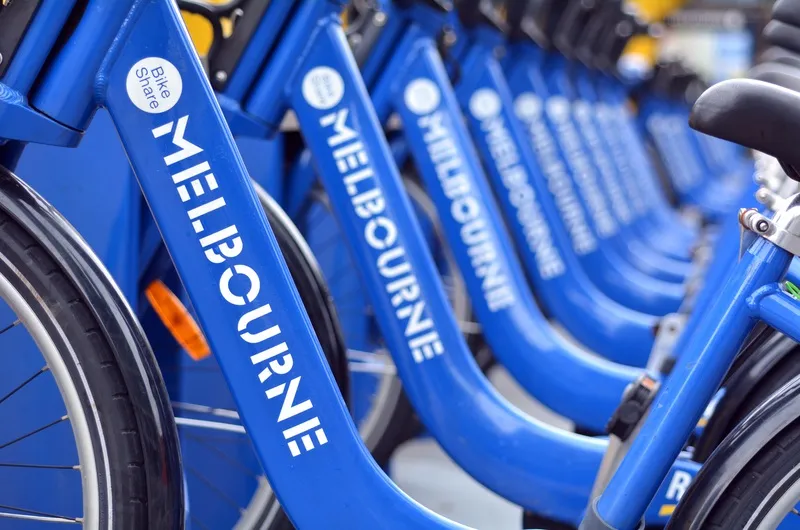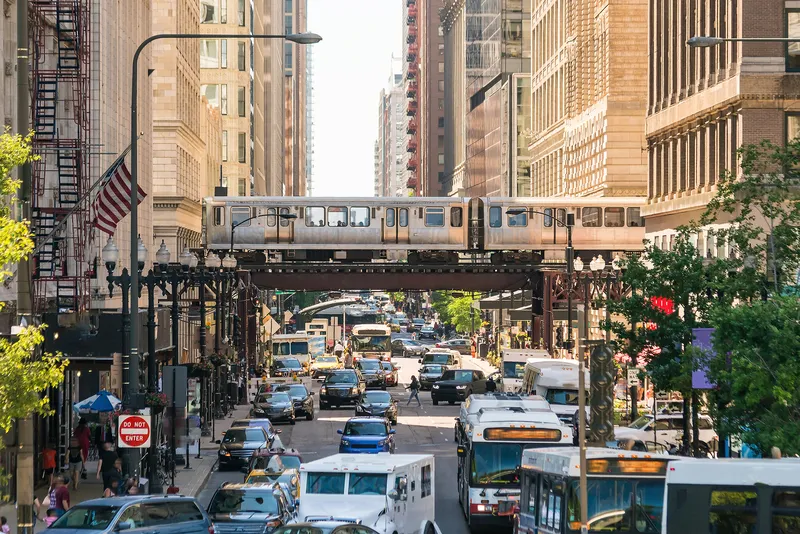
The City of Melbourne is making more space on its roads for bicycles, adding 40km of dedicated bike lanes to its road network.
Lord Mayor Sally Capp said they would be 'adaptable', which means they "can be constructed and installed more quickly".
The city, which scrapped its own bike-share scheme last year, said lanes will be built in two stages, with the first 20km in 2020-21 via a $16 million investment.
The new routes are part of the Australian city's Transport Strategy 2030, which sets out a 10-year plan to become a "premier cycling city with a network of protected cycling lanes and intersections, lots of bike parking and facilities for cyclists".
"We've seen other leading cities around the world such as Paris, London and Milan successfully integrate cycling as a key mode of transport to reduce congestion and accommodate growth," said councillor Nicolas Frances Gilley, transport portfolio chair.
"We will use plastics, rubber and recycled materials than can be installed quickly so we can accelerate bike lane delivery. The infrastructure we install will be functional for years to come and can be progressively replaced with fixed lanes over time as required."
The authorities have carried out research which suggests that it is essential to create physical protection from motor vehicles if people are to have the confidence to ride in the city centre.
The first priority routes include:
Exhibition Street stage one (Flinders Street to Bourke Street)
Rathdowne Street (Victoria Street to Faraday Street)
William Street (Dudley Street to Flinders Street)
Abbotsford Street (Flemington Road to Queensberry Street)
Swanston Street (around the University of Melbourne from Grattan Street to Cemetery Road).










